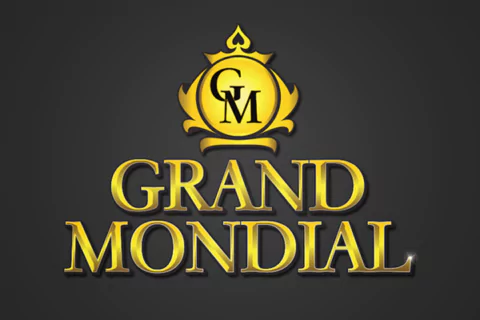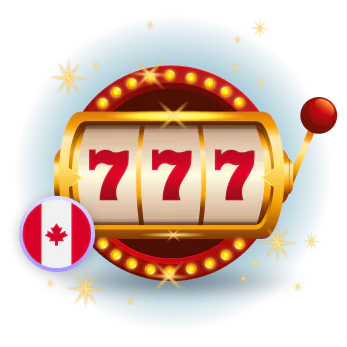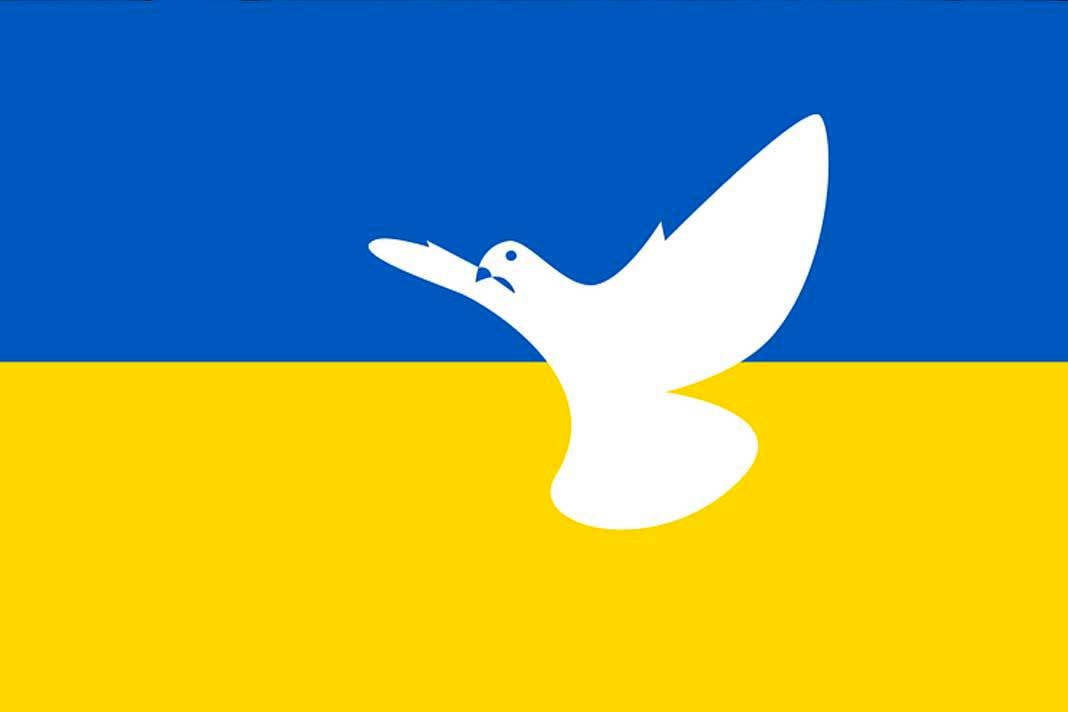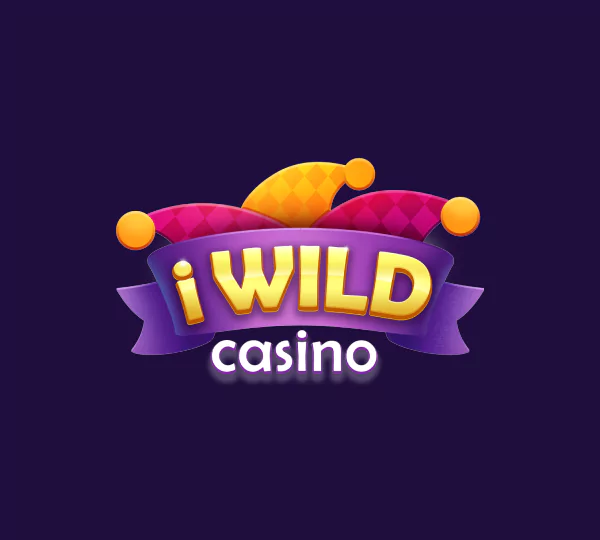Canadian Gambling Laws | iGaming Ontario
Gambling in Canada is regulated by the Canadian Criminal Code. However, it isn’t regulated at a federal level. Instead, the Canadian government leaves it up to provincial authorities to govern gambling activities in their respective jurisdiction.
Our team of CasinoOnlineCA experts will delve into the varying gambling laws in Canada. We’ll also explore how they vary across provinces and how they impact both physical and online betting.
Is Gambling Legal in Canada?
Gambling is only legal when it’s regulated or managed by provincial authorities. That said, Canadian gambling laws differ by province. That’s why you should check the local regulations before engaging in this activity.
Provincial authorities issue registrations to private establishments that want to provide gambling-related services. To do this, Canadian provinces have created separate authorities for registering and regulating these private operators.
It’s worth noting, however, that foreign gambling sites that offer gambling services to Canadians can’t be subjected to the same regulations as operators physically located in Canada. They don’t need to register with local authorities.
Latest gambling news right in your inbox
Who Oversees the Regulation of the Gaming Industry in Canada?
The regulation of the gaming industry in Canada is primarily the responsibility of provincial governments. Canada consists of 10 provinces and three territories, each with a regulatory body that oversees gambling within their respective jurisdictions.
These regulatory bodies are responsible for issuing licences, monitoring operations, and ensuring gambling activities comply with local laws and regulations.
Here are the respective regulatory bodies for each Canadian province:
- Alberta: Alberta Gaming, Liquor and Cannabis Commission
- British Columbia: The Ministry of Finance (Gaming Policy and Enforcement Branch)
- Manitoba: Liquor, Gaming and Cannabis Authority of Manitoba
- New Brunswick: The Department of Justice and Public Safety (Gaming, Liquor and Security Licensing Branch)
- Newfoundland and Labrador: Consumer Affairs Division of Digital Government and Service NL
- Nova Scotia: Nova Scotia Gaming Corporation
- Ontario: Alcohol and Gaming Commission of Ontario
- Prince Edward Island: Prince Edward Island Lotteries Commission, The Department of Justice and Public Safety (Consumer, Corporate and Insurance Division)
- Québec: La Régie des alcools, des courses et des jeux; La Société des loteries du Québec
- Saskatchewan: Saskatchewan Liquor and Gaming Authority
Which Laws Pertain to Online Gambling in Canada?
Gambling laws in Canada have evolved drastically to cover online gambling and cater to the growing popularity of internet-based gaming. Online gambling operates under a combination of national and provincial laws.
At the national level, the Canadian Criminal Code highlights the legalities surrounding gambling. It prohibits any form of gambling not licensed or managed by the government. However, the code doesn’t include online gambling. This has caused a somewhat gray area regarding the legality of online gambling operators in Canada.
However, the regulation of online gambling is the responsibility of each province. They have the authority to regulate and license online gambling activities within their borders, causing different rules for online gambling in the country.
While it’s illegal for an unlicensed company to operate an online casino in Canada, many Canadians gamble online through international sites. These sites operate in a legal gray area, and Canadian law doesn’t explicitly prohibit residents from playing on them.
Laws Governing Gambling in Canadian Provinces
Gambling laws in Canada vary in each province and territory. Some provinces are more lenient than others. Some allow online gambling operators to register in their area, while others don’t.
Here are the laws governing gambling in each Canadian province and territory.
Ontario
Gambling in Ontario is regulated by the Alcohol and Gaming Commission of Ontario. The province has the least gambling restrictions in Canada.
Online: Since April 2022, third-party online gambling sites can register with AGCO and iGaming Ontario and operate in the province.
Casinos: There are more than 25 casinos in the province.
Horse Racing: Ontario is a top location for horse racing in Canada. Tracks and off-track betting are available.
Lottery: The Ontario Lottery and Gaming Corporation regulates provincial and national lotteries.
Sports Betting: The province has legalized single-event sports betting sites. However, physical sports betting is only legal for parlay-style bets on the Pro-Line system.
Alberta
The Alberta Gaming, Liquor, and Cannabis Commission regulates gambling in Alberta.
Online: PlayAlberta.ca is the only authorized website for online gambling, including casino games and sports betting. However, residents can access international online gambling sites.
Casino: Alberta has 25 popular physical casinos.
Horse Racing: The province has various racetracks, such as Century Downs, Alberta Park, and Northlands Park, where betting is available.
Lottery: The Western Canada Lottery Corporation manages the daily lottery games in Alberta. The province also has over 6,000 video lottery terminals (VLTs).
Sports Betting: The Sport Select service offers betting on multiple sports events, but there’s a $250 daily betting limit. Currently, Alberta doesn’t offer betting on individual sports events.
British Columbia
The Gaming Control Act of 2002 regulates gambling in the province. Moreover, the Ministry of Finance in British Columbia, particularly the Gaming Policy and Enforcement Branch, is the regulatory body in the province.
Online: PlayNow, run by the British Columbia Lottery Corporation, is the province’s only authorized online gambling website.
Casino: There are 15 casinos in British Columbia.
Horse Racing: Fraser Down in Surrey is the only horse racing track in British Columbia. Additionally, over 15 locations across BC offer off-track betting on simulcast races.
Lottery: Since 1985, lotteries in BC have been under the regulation of the British Columbia Lottery Corporation.
Sports Betting: Physical sports betting outlets are available in the province but don’t offer single-event betting. The province’s legal online gambling options are limited to government-operated sites.
Manitoba
Gambling establishments wishing to operate in Manitoba must abide by The Manitoba Liquor and Lotteries Corporation Act and The Liquor, Gaming and Cannabis Control Act.
Online: PlayNow is the only approved online casino. It provides a select range of games but doesn’t include sports betting.
Casino: Manitoba features several casinos in the province’s southern, more urban parts.
Horse Racing: Assiniboia Downs is the sole racetrack in Manitoba. The Manitoba Horse Racing Commission oversees off-track betting sites in Winnipeg.
Lottery: The Western Canada Lottery Corporation provides lottery tickets and scratch cards in Manitoba, both in stores and online. Additionally, Manitoba Liquor and Lotteries manages video lottery terminals across the province.
Sports Betting: Manitoba allows those 19 and older to place multi-event sports bets with a maximum daily limit of $250.
New Brunswick
The main regulation governing gambling activities in New Brunswick is the Gaming Control Act of 2008.
Online: The New Brunswick government has considered introducing licensed online casinos but has yet to implement this.
Casino: Casino New Brunswick in Moncton is the place to go for a land-based casino experience.
Horse Racing: The province offers horse racing in Fredericton and Saint John. For off-track betting, venues are available in Dieppe and Quispamsis.
Lottery: Across New Brunswick, about 900 stores sell lottery tickets, and video lottery terminals (VLTs) are widespread. New Brunswick was the first Canadian province to introduce VLTs back in 1990.
Sports Betting: While multiple-event wagering is available in Pro-Line systems, single-event sports betting is unavailable within New Brunswick.
Newfoundland and Labrador
The Atlantic Lottery Corporation and the Digital Government and Service in Newfoundland and Labrador are the regulatory bodies governing gambling in the province.
Online: Online casinos and sports betting sites aren’t allowed in NL.
Casino: Newfoundland and Labrador is the only Canadian province prohibiting land-based casinos.
Horse Racing: Newfoundland’s St. John’s Racing and Entertainment Center is most Canadians’ go-to. Simulcasting off-track bets from racetracks is in place, along with horse racing betting.
Lottery: The Atlantic Lottery Corporation operates a lottery with tickets you can buy from over 1,000 retail locations—500 of these locations also offer VLTs.
Sports Betting: NL has its own sports betting service, Pro-Line. It gives residents markets for betting on multiple events at once. No single-event sports betting is available in the province.
Nova Scotia
Nova Scotia, despite being the smallest province in Canada, has a strong gambling culture. The Nova Scotia Gaming Corporation (NSGC) oversees all provincial gambling activities.
Online: Online casinos aren’t allowed to operate in Nova Scotia.
Casino: The province has two government-operated land-based casinos in Halifax and Sydney.
Horse Racing: Nova Scotia has three horse racing tracks: Northside Downs, Truro Raceway, and Inverness Raceway. Additionally, off-track betting options are accessible.
Lottery: The Atlantic Lottery Corporation manages lottery games in Nova Scotia, and the province features over 3,000 video lottery terminals in various retail outlets.
Sports Betting: The Pro-Line service allows parlay betting on multiple sports events but does not provide single-event betting.
Quebec
Since 1970, gambling has been a significant legal industry in Quebec, overseen by La Régie des alcools, des courses et des jeux and La Société des loteries du Québec.
Online: Quebec has an online gambling platform called Espacejeux. While there’s been talk of restricting access to foreign gambling sites, no steps have been taken.
Casino: The province boasts nine land-based casinos regulated by the Régie des alcohols, des courses et des jeux.
Horse Racing: Quebec has one racetrack, Hippodrome 3R, for betting on races, along with various off-track betting locations.
Lottery: Quebec runs multiple daily and weekly lotteries, with tickets available at numerous retail outlets. The province also has approximately 11,000 video lottery terminals.
Sports Betting: Quebec offers sports betting on individual markets through Mise-O-Jeu.
Saskatchewan
Saskatchewan leads the provinces in gambling spending per household. The Saskatchewan Liquor and Gaming Authority (SLGA) oversees the province’s gambling activities.
Online: Saskatchewan hasn’t yet established a system to license and regulate online gambling.
Casino: There are eight casinos across Saskatchewan. Six of these are charitable casinos operated by First Nations and regulated by the National Indian Gaming Authority, while the Saskatchewan Gaming Corporation manages the remaining two.
Horse Racing: The province has three racetracks and offers off-track betting.
Lottery: Lottery options in Saskatchewan include about 4,000 video lottery terminals and regular lottery draws.
Sports Betting: Only multi-event (parlay) sports betting is available in Saskatchewan.
Yukon Territory
The Department of Community Services regulates gambling services in the Yukon Territory, particularly the Professional Licensing and Regulatory Affairs Branch.
Online: While Yukon doesn’t offer online gambling platforms, residents can access external licensed casinos and sportsbooks.
Casino: Yukon bans permanent land-based casinos. The exception is Diamond Tooth Gertie’s Gambling Hall, which operates seasonally from late spring to early fall.
Lottery: Residents can purchase daily and weekly lottery tickets through the Western Canada Lottery Association.
Sports Betting: Bettors in Yukon can engage in multi-market sports betting, but the option for single-market wagers has yet to be available.
Prince Edward Island
The province offers limited gambling options regulated by the Prince Edward Island Lotteries Commission.
Online: Like most Canadian provinces, Prince Edward Island doesn’t have a licensed online gambling site for casinos or sports betting.
Casino & Horse Racing: The Red Shores Racetrack & Casino is the province’s only combined casino and horse racing track, known as a “racino.”
Horse Racing: The province hosts two more horse racing venues—the Charlottetown Driving Park and Summerside Raceway.
Lottery: The Atlantic Lottery Corporation manages PEI’s lottery infrastructure, with VLTs available at various retail locations.
Sports Betting: Residents can participate in parlay sports betting through the Pro-Line service, accessible online or at physical outlets.
Northwest Territories
The Department of Municipal and Community Affairs (MACA) regulates gambling activities in this Canadian territory.
Online: The MACA department oversees gambling in these territories and doesn’t endorse online gambling.
Casino: There are no physical casinos, although no specific laws are preventing one from being established in the future.
Lottery: All lottery and bingo activities must be conducted by charitable organizations and are overseen by the MACA department.
Sports Betting: The Northwest Territories Lotteries offers the Sports Select service for placing multi-bet parlays but doesn’t provide single-market betting options.
Ontario’s iGaming Market
In November 2020, the Ontario government announced its intent to allow iGaming in the province. The market officially launched in April 2022, but company registrations for iGaming in Ontario began in the fall of 2021. Ontario became the first in Canada to have a regulated iGaming marketplace, previously a “grey market” in the province.
Since this market was launched in April 2022, Ontario has provided over 70 licences to casino and sports betting sites from Europe and the United States.
This change in Ontario gambling laws and the launch of iGaming in Ontario marks a significant shift in Canada’s gambling industry. This is because it enables third-party providers to operate online gambling services from the province. To do this, they must register with the AGCO and agree to partner with iGaming Ontario. While this opens the market to external participants, Ontario maintains control by ensuring iGaming Ontario oversees these third-party activities.
Before the Ontario government established this competitive and regulated iGaming marketplace, private iGaming operators had no legal way of offering their services within Canada. They had to enter a partnership with a lottery corporation to do so.







